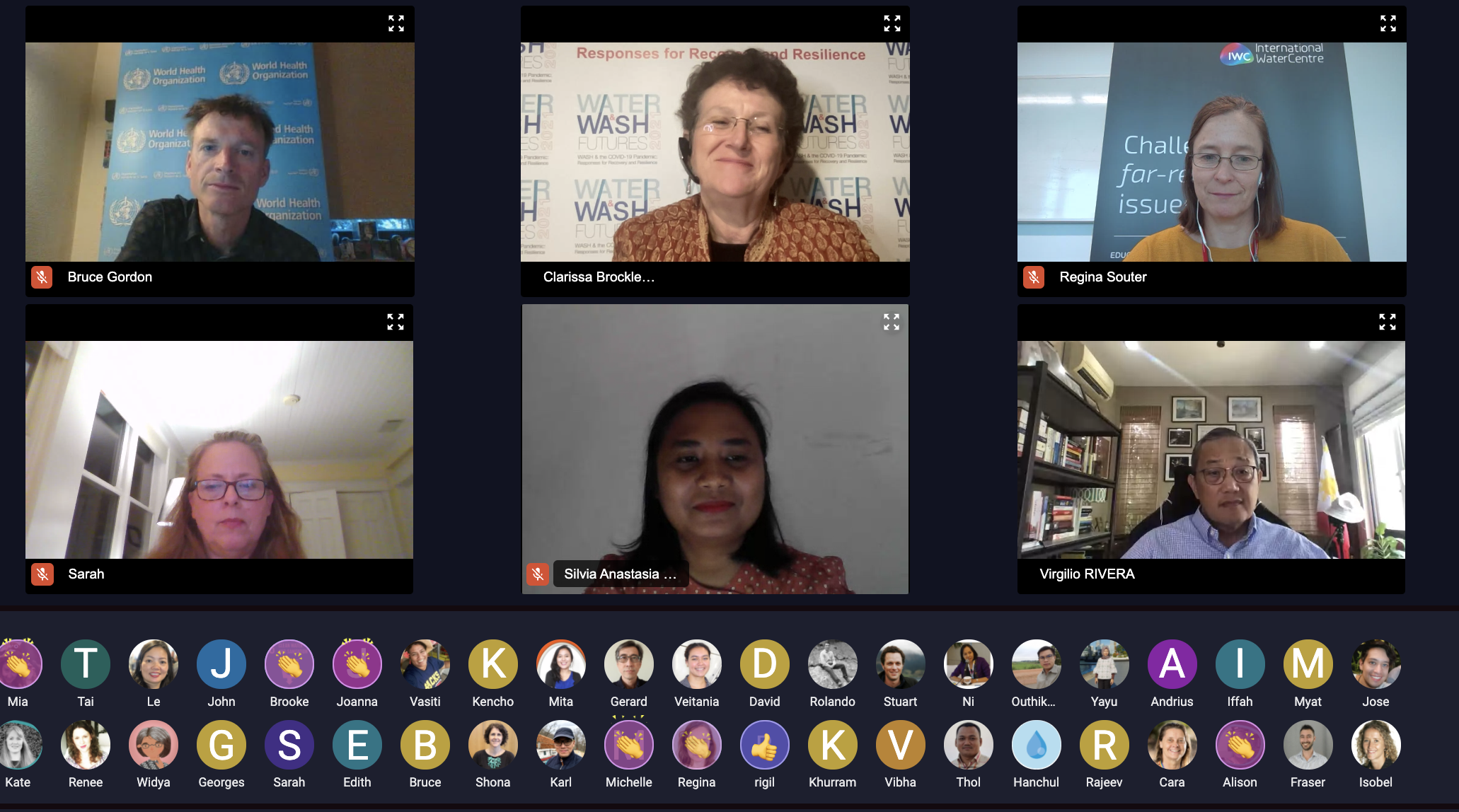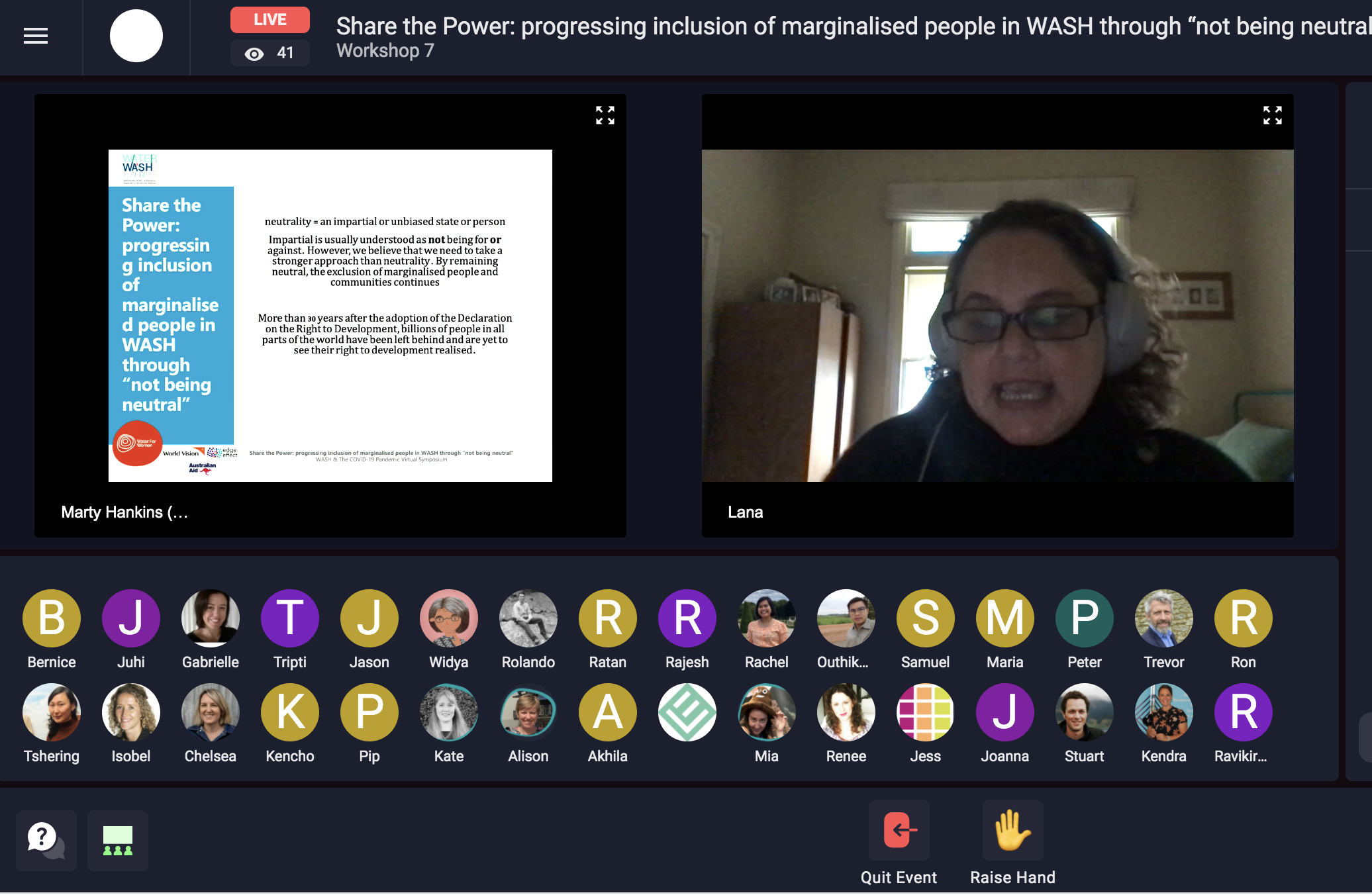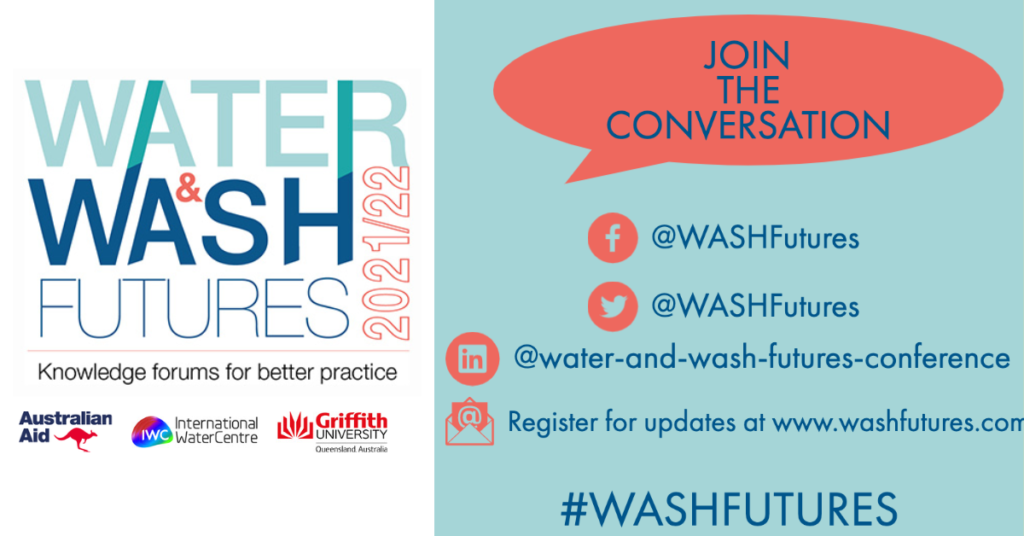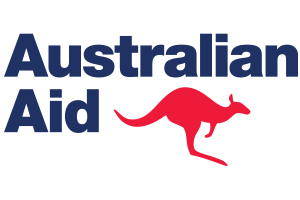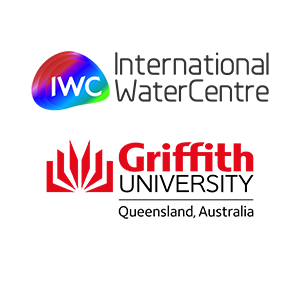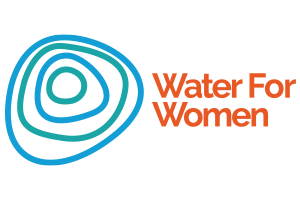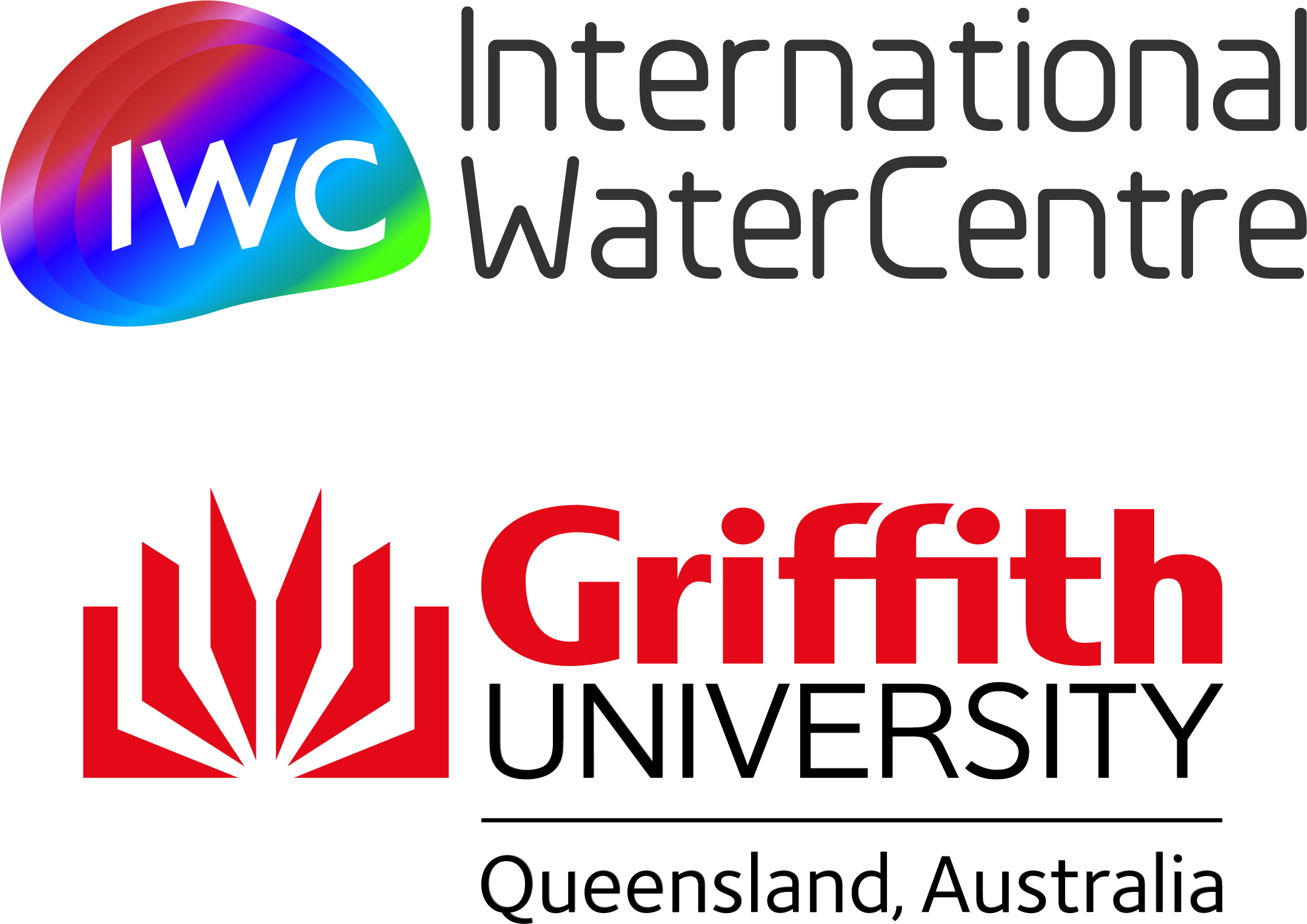Day 1 Reflections
The participants of the WASH and the COVID-19 Virtual Symposium finished day 1 energised and optimistic about the role WASH has to play in supporting healthy and resilient people.
The expert panel with Her Excellency Dechen Wangmo, Health Minister in Bhutan, Dr Stephanie Williams Ambassador for Regional Health Security for DFAT, Ms Kelly Ann Naylor, Chief of WASH at UNICEF facilitated by Clarissa Brocklehurst, discussed the WASH sector’s response to the pandemic. The pandemic has made collaboration and coordination across the WASH and health sectors even more important.
Her Excellency Dechen Wangmo said “a concerted, holistic approach to WASH is needed”. Bhutan has seen an impressive increase in WASH services coverage during the past year. Many actors came together to collaborate and address WASH gaps taking sanitation coverage from 53% to over 90%. But in many countries, there have been challenges faced in ensuring WASH services as people lack basic water for handwashing and slip back into poverty with the economic pressure of the pandemic impact.
The main panel themes included collaboration, leadership, advocacy for WASH to have a seat at the table, enabling environment, knowledge, resources and services that leave no one behind.
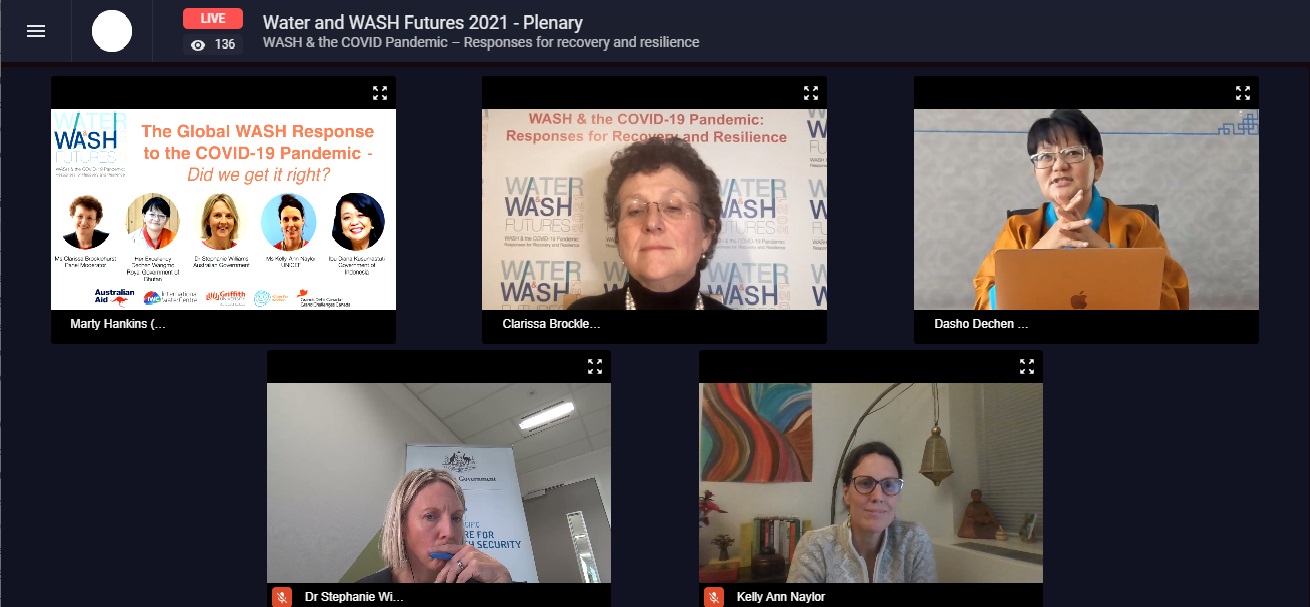
Six workshops took a deep dive into the focus areas of COVID-19, WASH and gender, behaviour change, utilities, systems, sanitation workers and healthcare facilities.
Highlights include discussions on the transformative change for women that can be achieved through WASH, how technology can be utilized to support services, how communication with staff and customers is key for utilities, how rapid collaboration with government and private sector is possible when incentives align, some of the ways WASH in healthcare facilities can be improved and how sanitation workers need protection from the hazards of their critical job.
Participants enjoyed many case studies and examples of important WASH work that has been undertaken in the COVID-19 context, and they were challenged to think about how to support enduring and sustainable WASH behaviours and services.
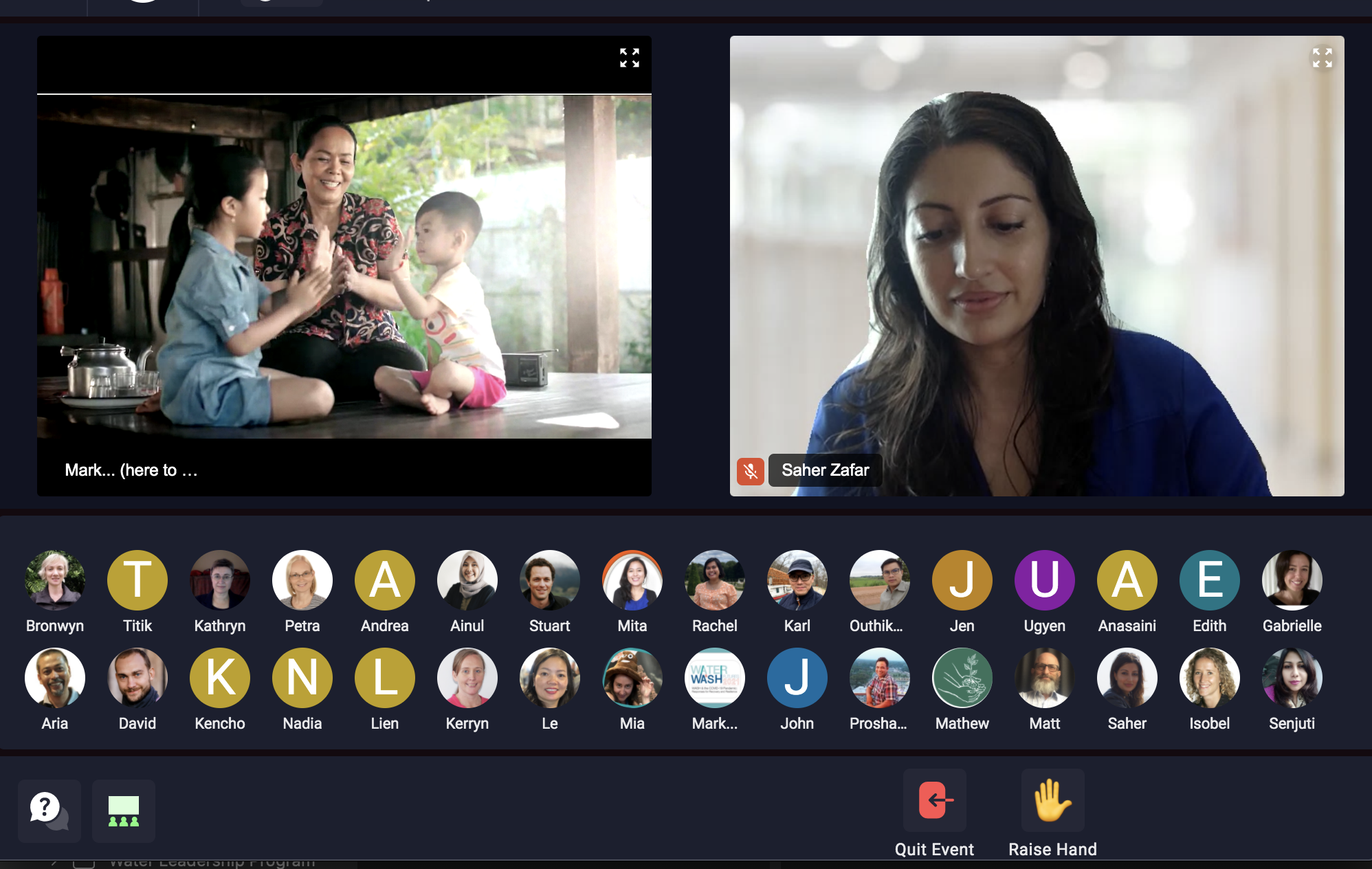
Saher Zafar from iDE presenting during Plan International’s COVID-19 and WASH Behaviour Change Workshop

